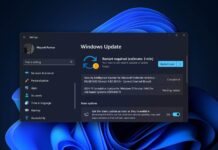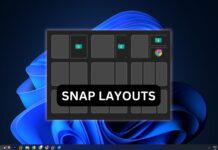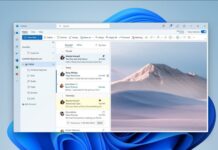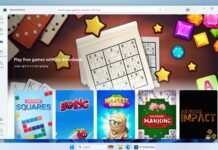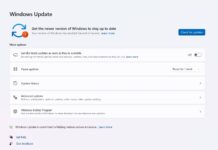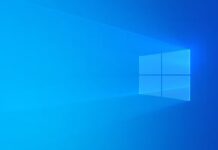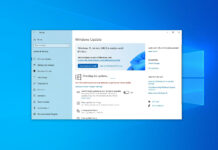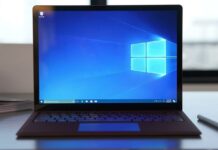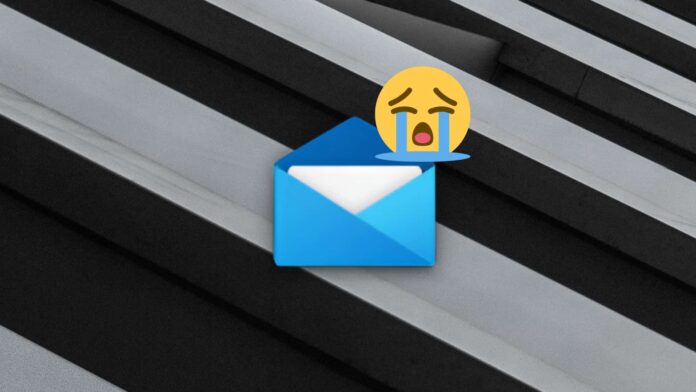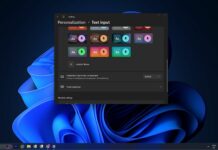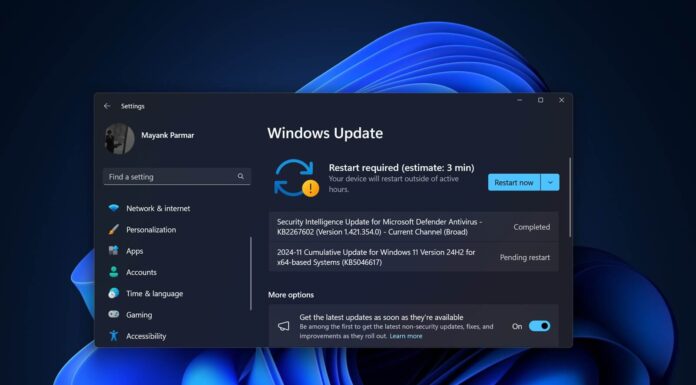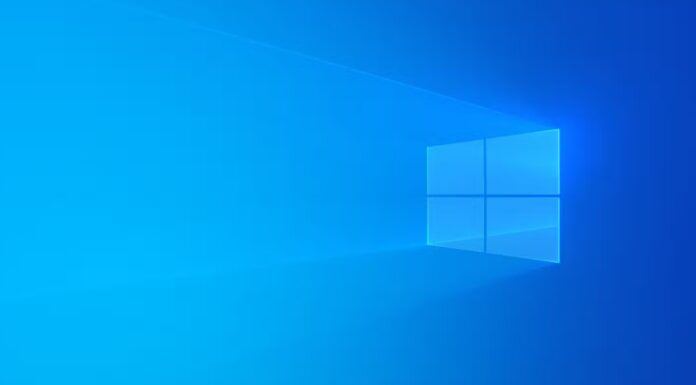For the past six months, Microsoft has been showing pop-ups in the Mail & Calendar apps, urging everyone to switch to the new web-based Outlook for Windows 11, but it turns out that’s not enough. In a new support document, Microsoft has quietly confirmed that Mail & Calendar apps will stop working after December 31, 2024.
As Windows Latest spotted in a support document, Microsoft noted that users won’t be able to send or receive emails using the Windows Mail and Calendar apps after December 31, 2024. On December 31, Microsoft will end support for Windows Mail, Calendar, and People apps.
After December 31, you’ll not be able to use Mail and Calendar apps to send or receive emails, and you’ll be asked to use the new Outlook instead. However, for some reason, Microsoft says you’ll still have the option to open the Mail & Calendar app by using a toggle in new Outlook > Settings > General > About Outlook.
This would be likely a “view-only” as Microsoft is not killing off the app itself. You can go back back to Mail & Calendar to view emails, drafts, contacts, etc, but you’ll not be able to send or receive emails.
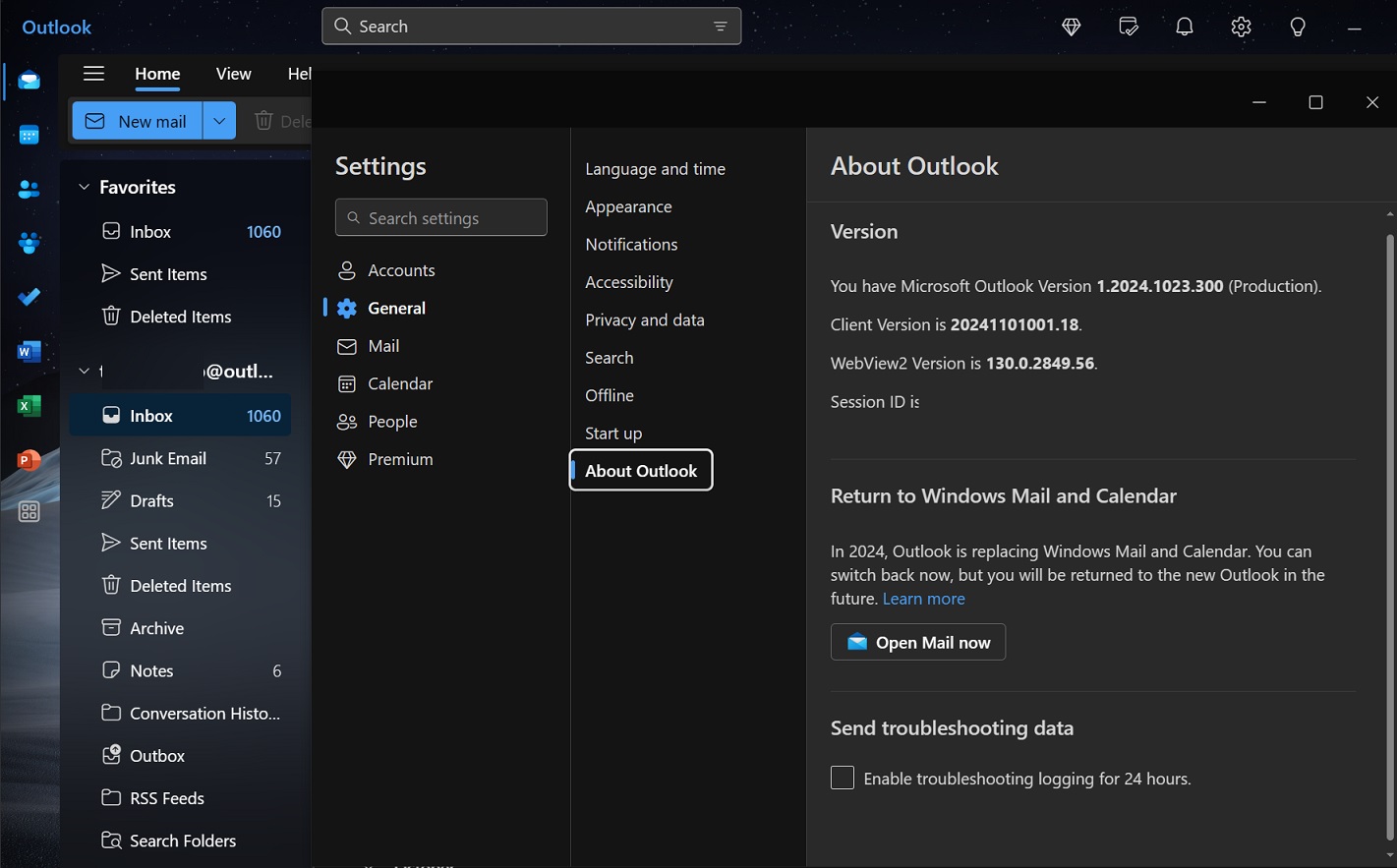
Windows Latest understands that Outlook either will stop accepting connection requests from Mail & Calendar apps, or Microsoft will soon push a new update to make the app unusable. We don’t know what will happen exactly, but the days of Mail & Calendar apps are numbered.
You’ll either need to accept the new Outlook or use a third-party client.
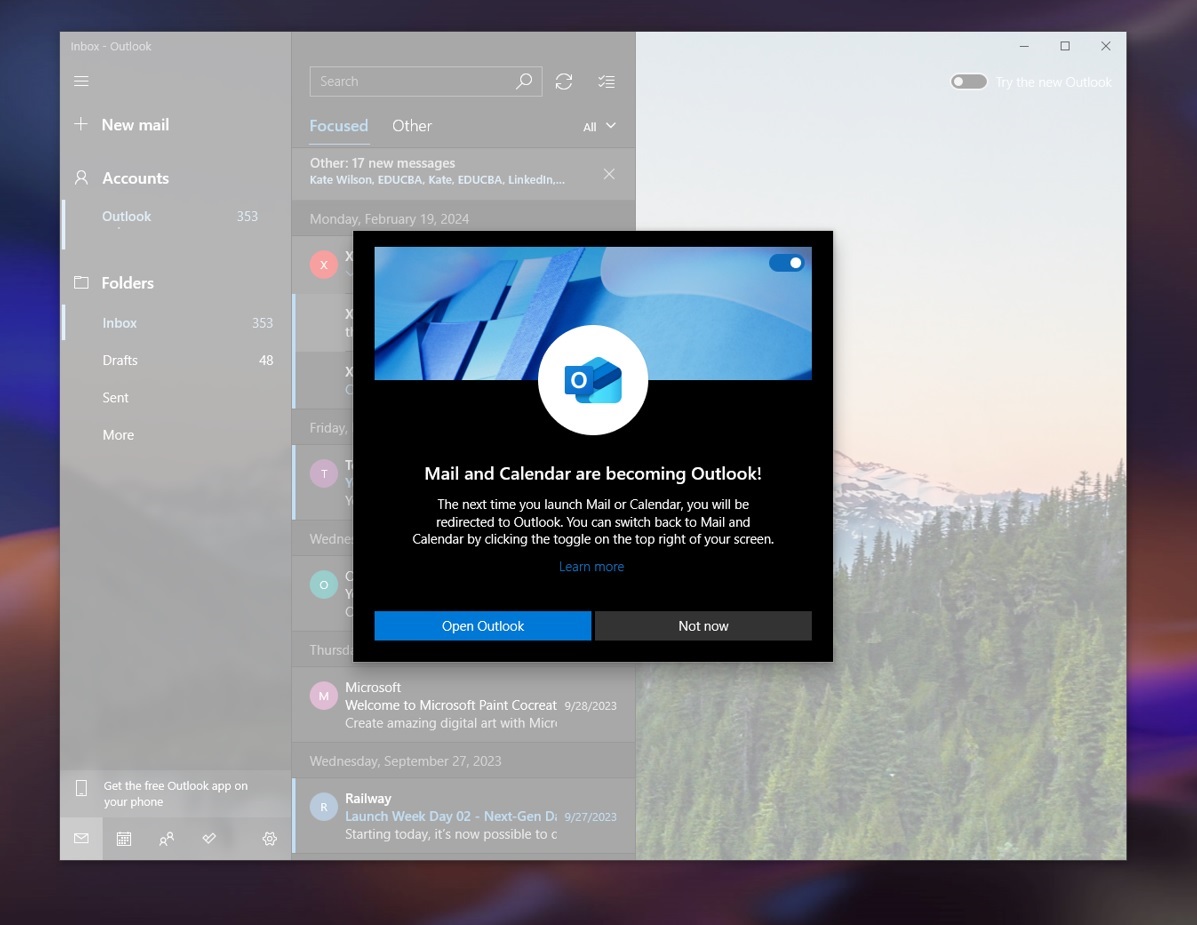
The “end of support” details are somewhat unclear, but when you open the Mail and Calendar apps, you might already see a pop-up titled “Mail and Calendar” are becoming “Outlook” with an exclamation mark.
You’ve the choice to either open the new Outlook or refuse to do it with “Not now”, but the second option is pointless because when you open Mail & Calendar again, you’ll be automatically redirected to the new Outlook.
From there, you can still go back to the Mail & Calendar app by unchecking the “New Outlook” toggle.

At least this allows you to keep using Mail and Calendar until the next reboot. You can also downgrade the Mail and Calendar apps to stop these pop-ups completely, but that will also not work starting December 31, 2024.
“Support for Windows Mail, Calendar, and People will end on December 31, 2024,” a Microsoft official reaffirmed the support document statement when we reached out to the company for more details.
“We’re currently in the process of moving existing users to the new Outlook for Windows,” the company told us the same thing when we asked again.
But what about your local emails, calendar events and contacts saved in the Mail & Calendar apps? Microsoft said that it will let you export all your emails, contacts, events using the “Export” feature in the Mail & Calendar.
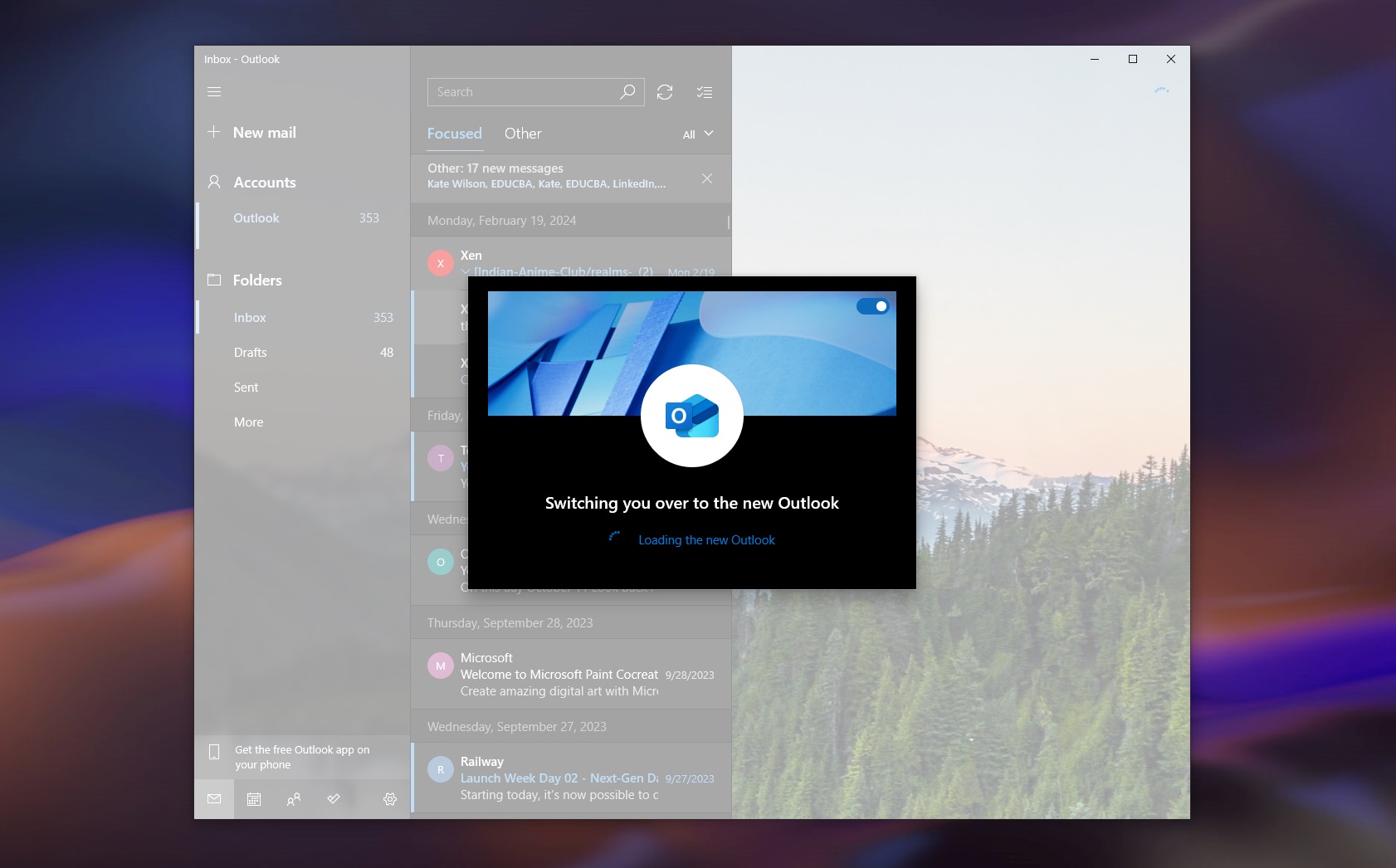
Microsoft will also let you export Mail & Calendar app data to the new Outlook during the migration, which happens automatically in the above step (see the screenshot).
New Outlook has a lot of problems, but the most popular concern is that it doesn’t feel “native” on Windows. At the end of the day, we’re using outlook.com inside a Microsoft Edge container, so it doesn’t look or feel as native as UWP Mail and Calendar or Win32 Classic Outlook.
It also doesn’t work offline yet, but Microsoft is working on that feature, and it will likely arrive for everyone in a few weeks. Is that enough to convince people to try the new Outlook? We don’t think so, at least with the way the web apps currently feel on desktops.
Why do you dislike or like new Outlook? Let us know in the comments below.

